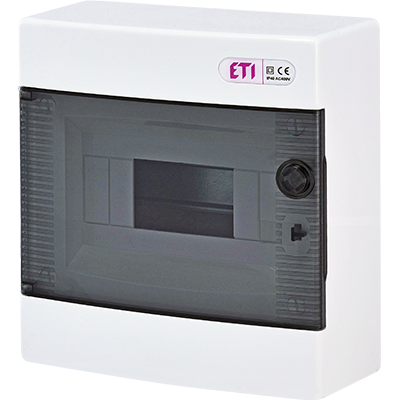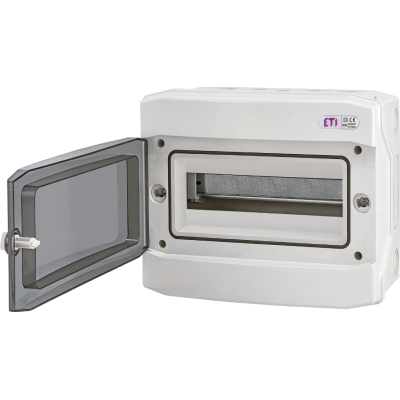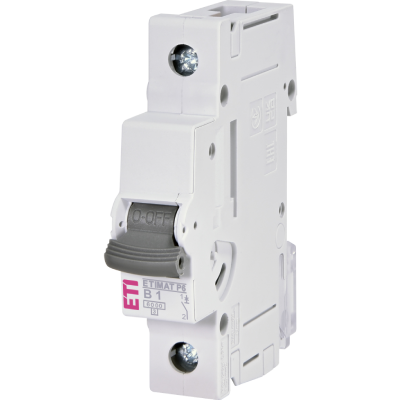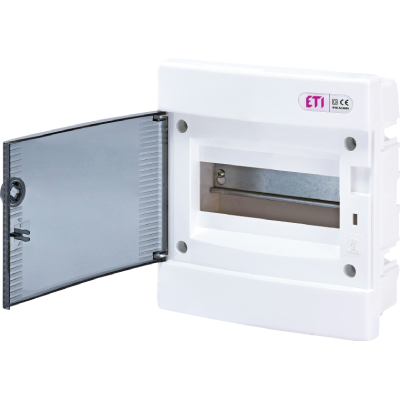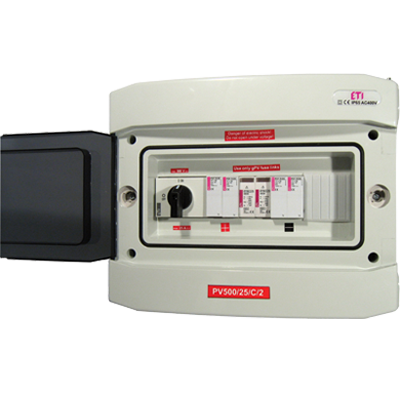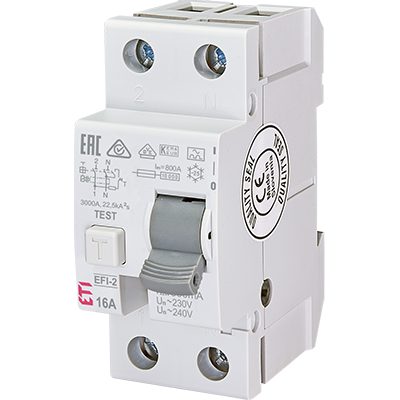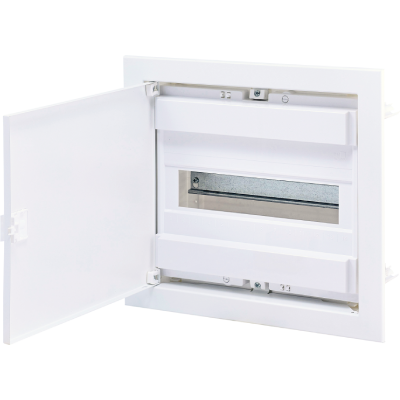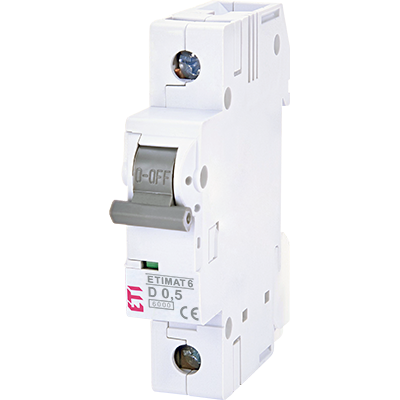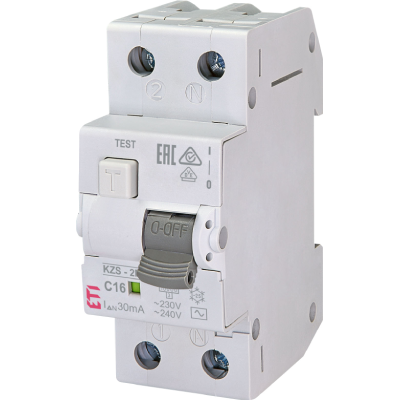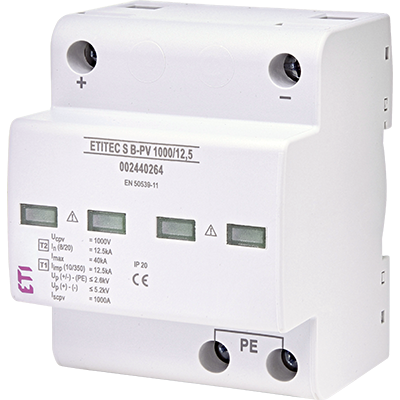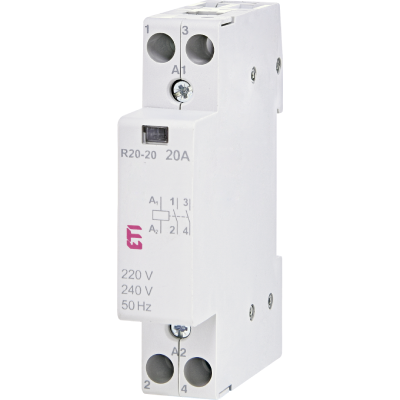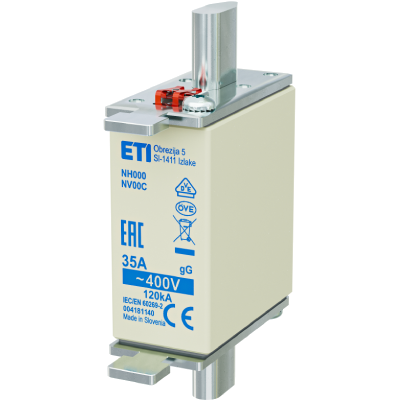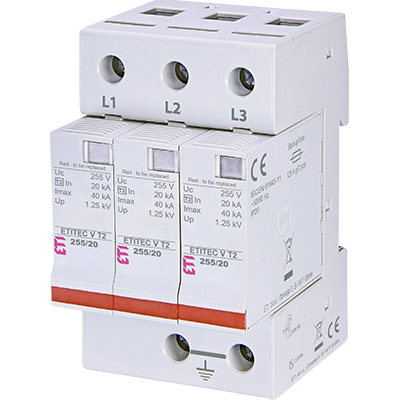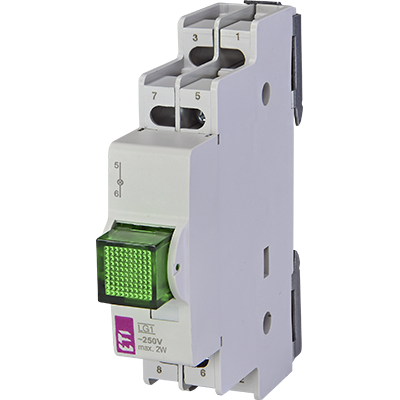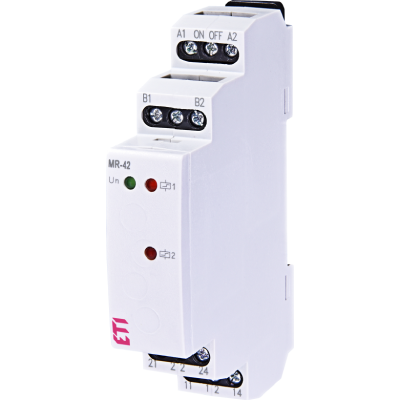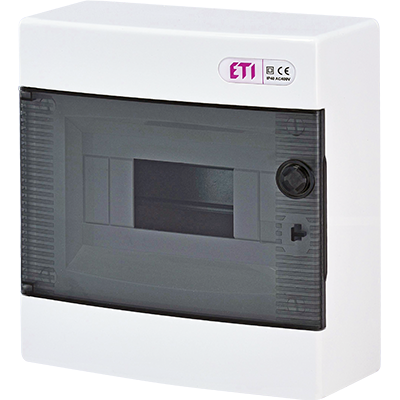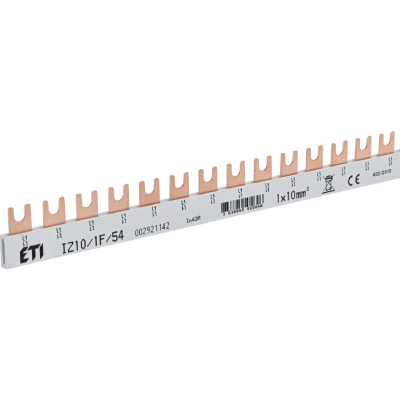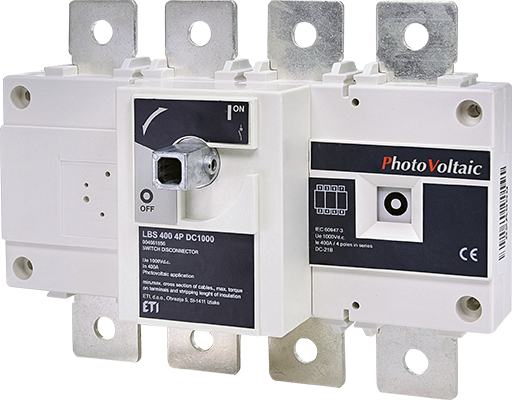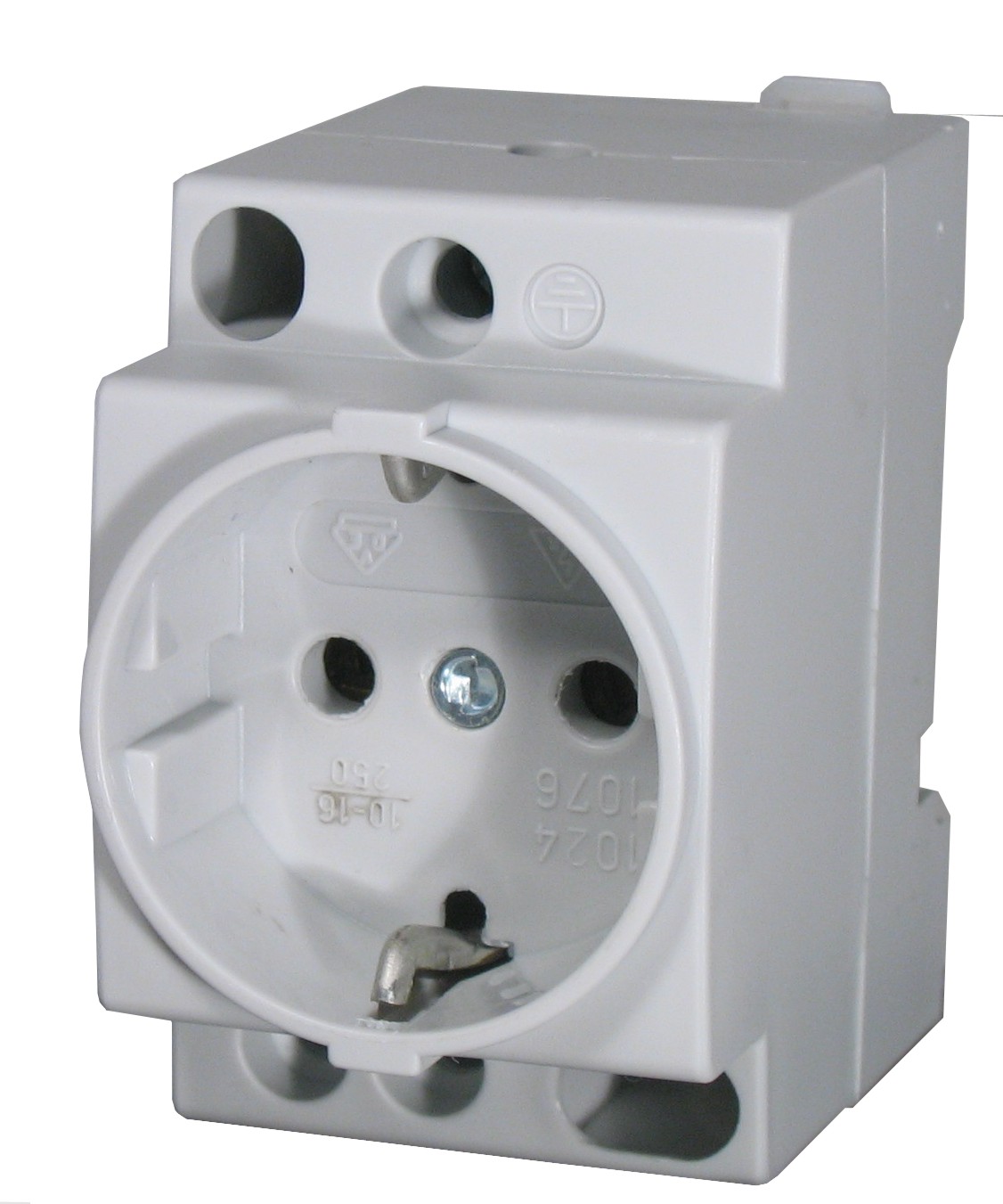Photovoltaic String Protection: Keeping the Current Flowing Safely
Photovoltaic 1500V d.c. systems
With the PV String protection, we have in mind the protection of PV modules against reverse currents. It is used in combination with central inverters where PV strings are usually combined in d.c. combiner boxes. Inside d.c. combiner boxes, PV strings are protected with cylindrical fuse‑links inserted in cylindrical fuse holders.
| Anže Jerman Product manager |
Introduction
In the world of photovoltaic systems, ensuring the safety and optimal performance of PV modules is of paramount importance. One critical aspect of this is the protection of PV strings against reverse currents. These reverse currents can occur when PV strings are connected in parallel and can potentially lead to overheating, short circuits, or even fires. To mitigate these risks, photovoltaic string protection plays a vital role. In this article, we will delve into the world of PV string protection, explore its importance, and highlight a unique solution offered by ETI.

1. Photovoltaic String Protection: Understanding the Basics
A photovoltaic string is formed by serially connecting PV modules, thereby increasing the nominal voltage of the PV system. However, when the number of PV modules in a string reaches the PV system voltage limit, the PV strings are then connected in parallel. This parallel connection introduces the possibility of reverse currents flowing through the PV strings in the event of a failure in one of the PV modules. To prevent such potential damages, proper fuse-links must be employed for string protection.
2. The Quest for the Right PV String Protection: An Example
Let's take a closer look at how to choose the appropriate PV string protection based on nominal current considerations. Please note that the values provided here are for illustrative purposes only.
Figure 1: Typical data written on the back side of the PV module
To determine the nominal current for PV string protection, the Short-circuit current (Isc) at standard test conditions of the PV modules must be identified. This information is typically provided on the backside of the PV module:
The nominal current of PV String protection is according to the calculation between 27,6 A and 44,2 A. According to the fuse selection, the chosen nominal current could be 30 A, 32 A, 35 A or 40 A. Considering power dissipation and fuse derating factors, it is advisable to select the highest allowable nominal current, which, in our example, is 40 A.
Additionally, it is essential to verify the maximum allowed series fuse indicated on the backside of the PV module. The calculated value should not exceed this maximum permissible value. It is important to note that this example does not account for other outdoor conditions, such as ambient temperature. The nominal current of string protection should be recalculated based on complete information about the installation's environmental conditions.
Figure 3: ETI's standard 1500 V d.c. fuse holder for fuse‑links up to 40 A
3. Conclusions: ETI's Unique Solution and Beyond
Protecting PV strings is crucial due to their parallel connection, which makes them susceptible to reverse currents. The primary function of string protection is to safeguard PV modules against such reverse currents, which can result from overheating or short circuit conditions within the PV modules. Cylindrical fuse-links with a full-range gPV characteristic offer reliable protection, operating swiftly and providing a wide area of protection. This ensures that PV strings are safeguarded against the aforementioned failures. ETI's unique design not only offers this reliable protection but also helps save space within combiner boxes and reduces the overall costs associated with DC combiner boxes.



